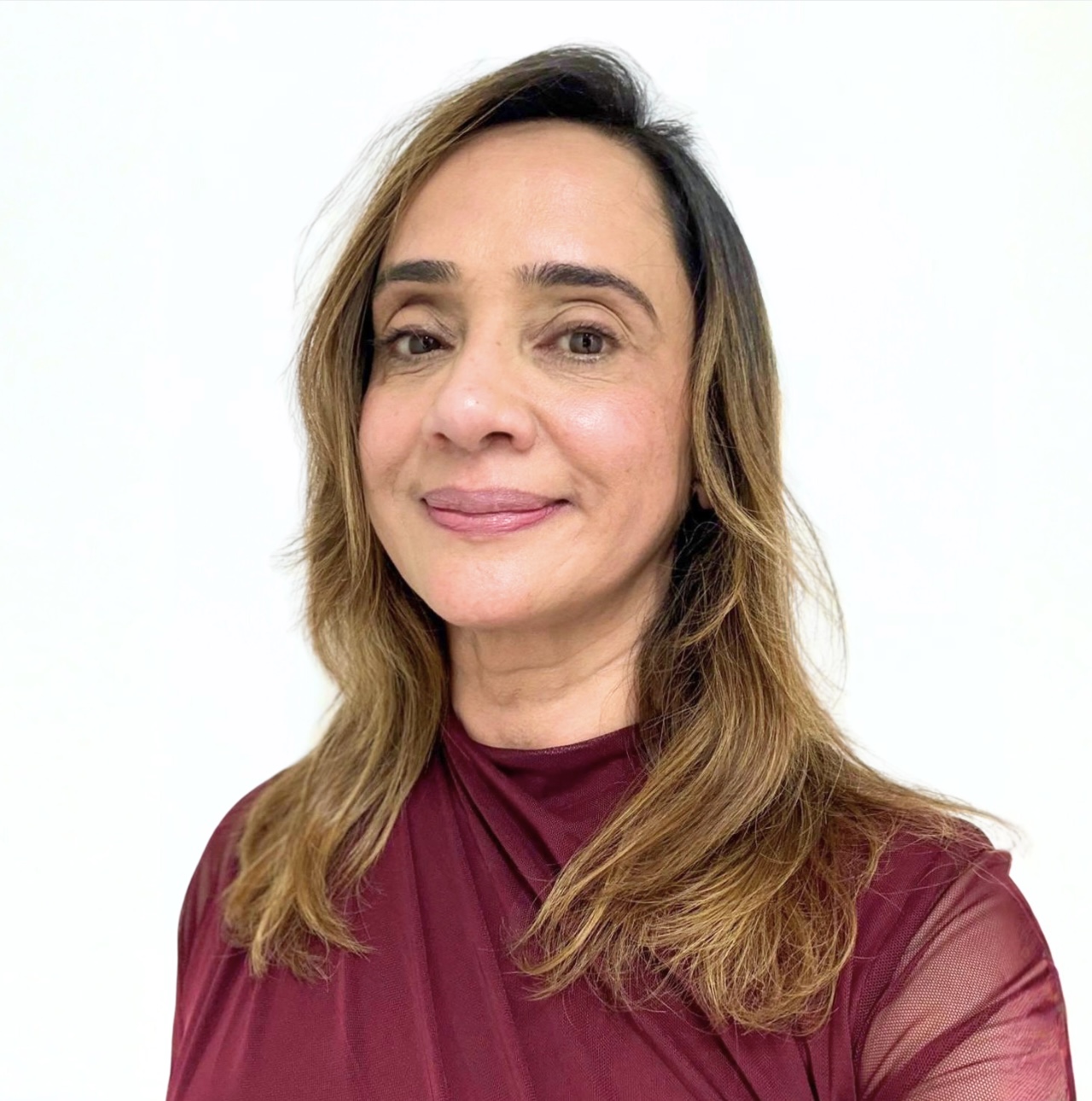Power of Attorney

Providing peace of mind for you and your family
Key contact


A power of attorney is a legal document giving you the right to appoint someone (your attorney) to make decisions on your behalf. This can include making financial decisions for your benefit, such as paying your bills or selling property to fund care fees, or personal decisions such as choosing where you will live or whether you need medical treatment. You don't need to be ill or have an illness affecting your mental health in order to have a power of attorney drawn up. The document can be used to appoint a specific person (like your spouse or child) or it can allow for multiple people to make decisions for you, depending on the wording of the document.
The two main types of power of attorney are:
- Lasting Power of Attorney (LPA) – this is a legal document which allows you to appoint someone who will make all your financial and personal decisions if they become necessary due to an inability to make them yourself as a result of physical or mental incapacity, or earlier with your permission in case of financial decisions. An LPA also allows them access to information about your finances so they can act on your behalf until such time as it may no longer be required.
- Ordinary Power of Attorney - this is a document that enables you to appoint someone else as your representative (agent) to make legal, financial, or health decisions on your behalf. These documents automatically end when you lose mental capacity and can be revoked at any time by the person granting them. The agent only has authority for specific things or in certain circumstances.
"Aurela Qerimi in the Healys Private Client team is very approachable and prompt. She clearly explained the process of making Lasting Powers of Attorney and has made the whole process very easy for me and my family. I would highly recommend Aurela to anyone for any private client work." - William Thompson
How We Can Help
Lasting Power of Attorney (LPA)
A Lasting Power of Attorney (LPA) gives your attorney authority to act for you should you lose mental capacity in the future, for example through illness or accident. In the case of financial decisions, it can also be used to appoint someone to make decisions on your behalf and/or act on your behalf while you have capacity and with your permission, for convenience.
If someone has been appointed as an attorney under an LPA, they will be able to look after most things that are normally associated with running your day-to-day life. There are two types of LPA: one for financial decisions, known as Property and Financial Affairs Lasting Power of Attorney); and one for health and personal care decisions, known as Health and Welfare Lasting Power of Attorney.
Using an LPA enables people who are no longer able to do so themselves to retain control over their affairs by appointing someone else who will act in their best interests when required. If you do not have an LPA for finance, decisions regarding your assets would be made by the Court of Protection, or someone will need to go through the lengthy and expensive process of having themselves appointed by the Court of Protection as a Deputy to manage your finances. Similarly, if you do not have an LPA for health, welfare and care, any decisions about your healthcare or where you live will be made by doctors or the Council which may not coincide with your wishes or those of your family.
Ordinary Power of Attorney
An Ordinary Power of Attorney is used for a specific time period or for a specific event or purpose. The power of attorney ends when the specified time period ends, and it can be cancelled by the person who made it at any time before that happens. An Ordinary Power of Attorney will also terminate if the specified event or purpose is completed, unless there is another agreement between you and your attorney to continue with another related matter. An Ordinary Power of Attorney ends automatically if you lose the mental capacity to make decisions personally and is not an adequate substitute for a Lasting Power of Attorney. An Ordinary Power of Attorney can be useful in certain circumstances, for example, if you are abroad for an extended period.
Our Power of Attorney solicitors are some of the best in the business, and can support you in all aspects of your situation; from how to choose a Power of Attorney to drawing up the legal paperwork or making amendments down the line if your wishes change. At Healys we are here to help you achieve peace of mind for both you and your family.




